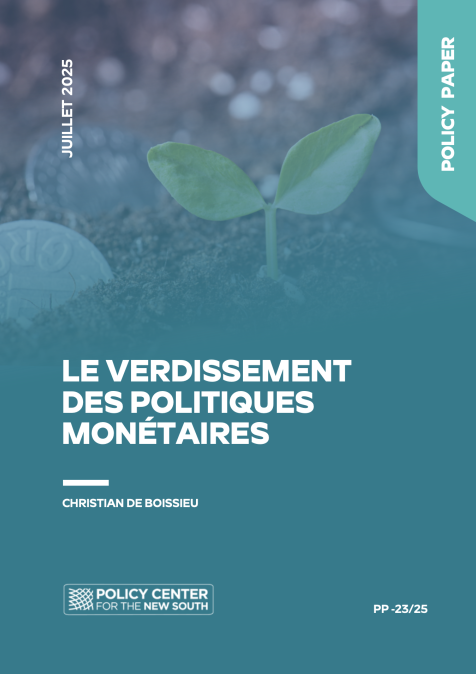Podcasts
Energy transition and nationalist industrial policies in the wake of the Russian Ukrainian war
The ongoing conflict in Ukraine has compounded the complex interplay between nationalist industrial policies and geopolitical tensions. This podcast delves into the challenge of the energy transition in Europe considering the current war in Ukraine and various factors driving the pursuit of nationalist policies worldwide. M. Guntram Wolff will discuss the role of state intervention, protectionism, and economic nationalism in shaping Europe future, as well as the implications of these policies for global cooperation The speaker used the new Inflation Reduction Act of the United States as an illustration of the trend towards assertive and nationalist industrial policies.










